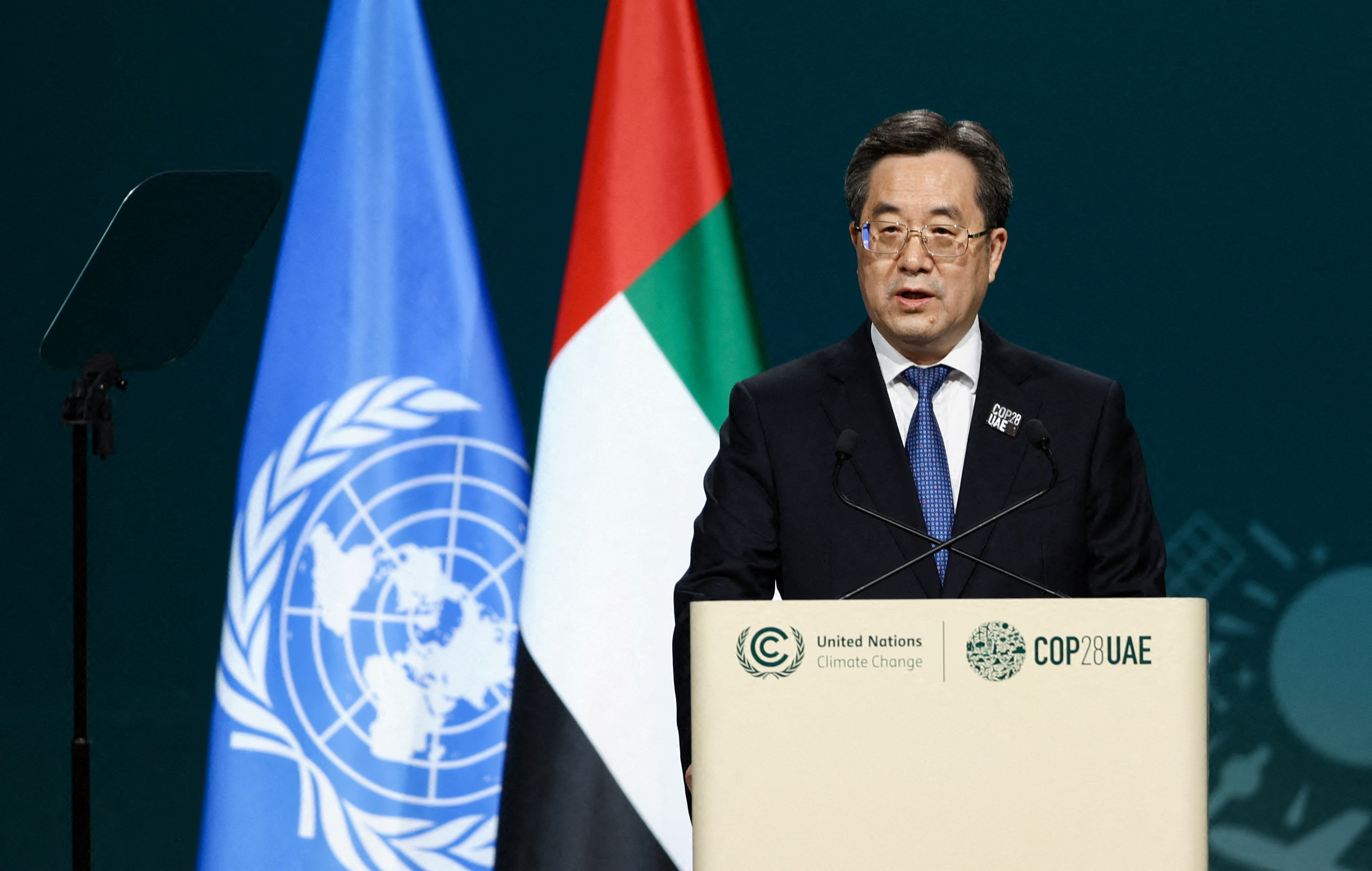UAE Expands Climate Cooperation with BRICS Nations
Hyphen Web Desk

The BRICS dialogue, involving Brazil, Russia, India, China, and South Africa, aims to align these major economies on strategies for combating climate change. Dr. Al Shamsi's participation highlights the UAE's strategic approach to expanding its climate initiatives beyond its regional borders. The UAE's engagement reflects a broader ambition to leverage its expertise in sustainable development and renewable energy technologies on a global scale.
Dr. Al Shamsi emphasized the need for unified action among BRICS countries to mitigate the impacts of climate change. She highlighted several UAE-led initiatives, including advancements in renewable energy and sustainable urban development, as models for international collaboration. Her remarks illustrated a vision for integrating these innovations into broader BRICS climate strategies.
The UAE's role in the dialogue is part of a larger strategy to position itself as a key player in global climate governance. The country has been at the forefront of climate action in the Middle East, with initiatives such as the Masdar City project and the development of solar energy capacities, demonstrating a proactive stance on environmental issues.
As the BRICS nations work towards their climate goals, the UAE’s participation is seen as a pivotal contribution to a collective effort. This includes setting ambitious targets for greenhouse gas reduction and advancing clean technology. The UAE’s expertise in areas like carbon capture and storage, alongside its investments in green technologies, aligns with the dialogue's objectives to create actionable frameworks for climate resilience.
The dialogue also provided a platform for discussing the integration of climate strategies into economic policies. Dr. Al Shamsi advocated for policies that not only address environmental impacts but also foster economic growth through green technology. This approach reflects a growing recognition of the interconnectedness of economic development and environmental sustainability.
The BRICS High-Level Dialogue is expected to produce a series of recommendations for member countries to implement over the coming years. The UAE's active involvement signals its intention to contribute significantly to these outcomes and enhance its role within the global environmental governance framework.
Dr. Al Shamsi's participation underscores the UAE's commitment to fostering international partnerships and advancing collective climate action. Her engagement in the BRICS dialogue aligns with the UAE’s broader climate policy objectives, reinforcing its position as a leading advocate for sustainable development on the global stage.
التسميات:
#Syndication
مشاركة:
